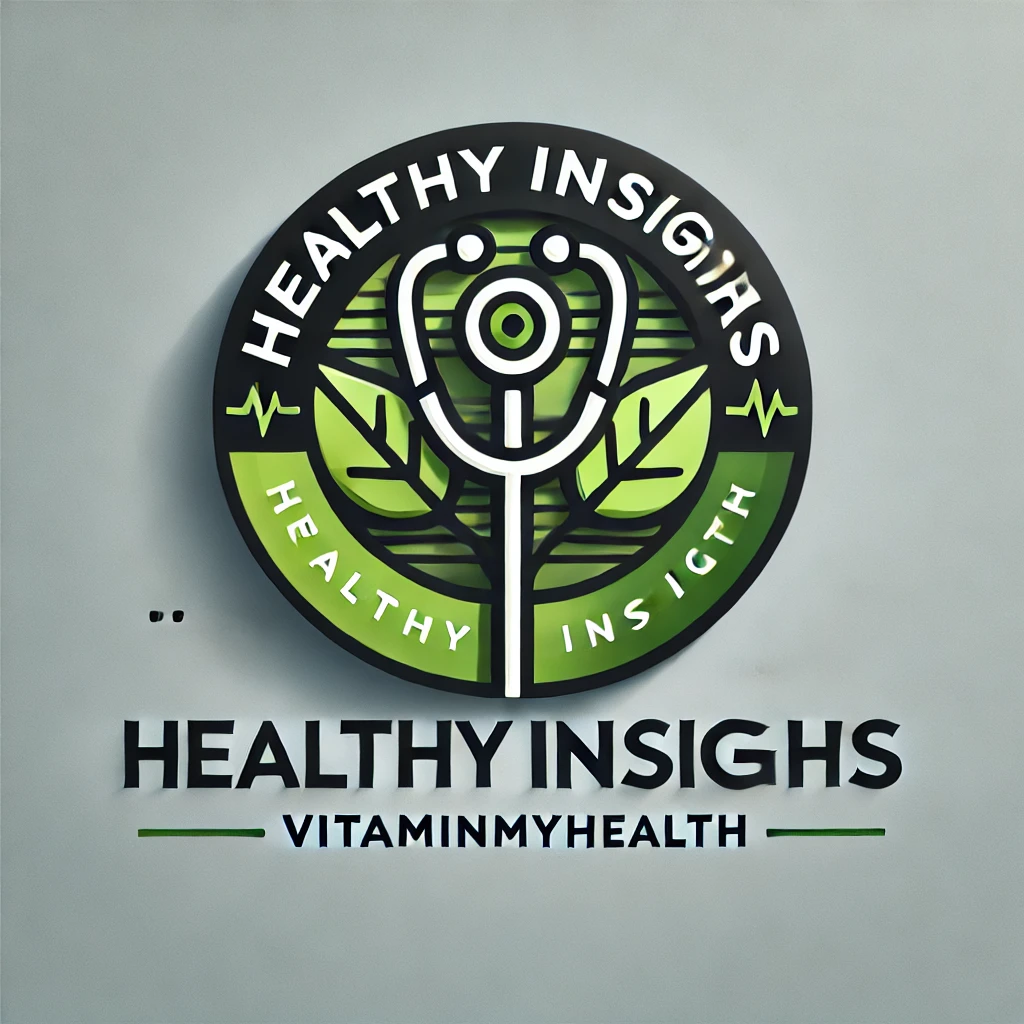What Is a Gallbladder Cleanse?
A gallbladder cleanse (sometimes called a liver flush) is a natural remedy that some people believe helps prevent or treat gallstones. Gallstones are hardened deposits that form in the gallbladder and may cause pain, nausea, or vomiting when they block bile ducts.
Supporters of natural health claim that cleansing diets can help the gallbladder release stones naturally, potentially avoiding surgery. But what does science say? Let’s explore.
Types of Gallbladder Cleanse Methods
Different folk remedies and “recipes” for gallbladder cleansing exist, often shared online and in alternative health circles. Here are some of the most common:
1. Lemon Juice and Vegetable Oil
This method usually involves fasting for 12 hours, followed by drinking one tablespoon of lemon juice and four tablespoons of vegetable oil every 15 minutes (repeated 8 times).
2. Apple Juice and Vegetable Oil
People drink only fruit and vegetable juice until 5 p.m., then consume small amounts of vegetable oil and fruit juice every 15 minutes until they reach eight ounces.
3. Enemas
Enemas with warm water or soap suds are sometimes combined with oil and juice intake to encourage bowel movements and “flush” the system.
⚠️ While these methods may promote bowel movements, many also lead to diarrhea or nausea.
Is There Scientific Proof?
Here’s the truth: there is very little scientific evidence supporting gallbladder cleanses.
-
Some people report passing “gallstones” in their stool, but studies suggest these are actually lumps of oil and juice, not real stones.
-
A few small studies in the 1990s used ultrasound and showed fewer gallstones after a cleanse, but no major medical research has supported this claim since.
-
According to Mayo Clinic and other reputable medical sources, gallbladder flushes are not proven treatments for gallstones.
Possible Side Effects of a Gallbladder Cleanse
Depending on the recipe used, side effects may include:
-
Nausea
-
Diarrhea
-
Vomiting
Large amounts of vegetable oil can act as a strong laxative, which is why many people feel sick during or after a cleanse.
Safer Alternatives to Gallbladder Cleanse
If you want to prevent gallstones naturally, consider lifestyle and dietary changes:
-
Eat high-fiber foods (vegetables, fruits, whole grains).
-
Choose healthy fats like olive oil and avocado instead of fried foods.
-
Avoid excessive sugary and fatty foods (cakes, cookies, deep-fried snacks).
-
Avoid extremely low-calorie crash diets, which can increase gallstone risk.
For people with existing gallstones, doctors may recommend:
-
Medication (Ursodeoxycholic acid / Actigall): helps dissolve cholesterol-based gallstones over 6–12 months.
-
Surgery: If gallstones are large, frequent, or cause severe pain, surgical removal may be the most effective option.
👉 Read more about gallstone treatment options here.
Final Verdict: Should You Try a Gallbladder Cleanse?
Gallbladder cleanses remain folk remedies with no strong scientific backing. While some people feel temporary relief, most medical experts agree that these cleanses don’t eliminate real gallstones.
If you are experiencing gallbladder pain, indigestion, or nausea, consult a doctor before trying any home remedy. Medical guidance ensures you get the safest and most effective treatment.
crossorigin="anonymous">

[…] Gallbladder inflammation […]
[…] Gallbladder inflammation […]
https://t.me/s/flagman_official_777/26